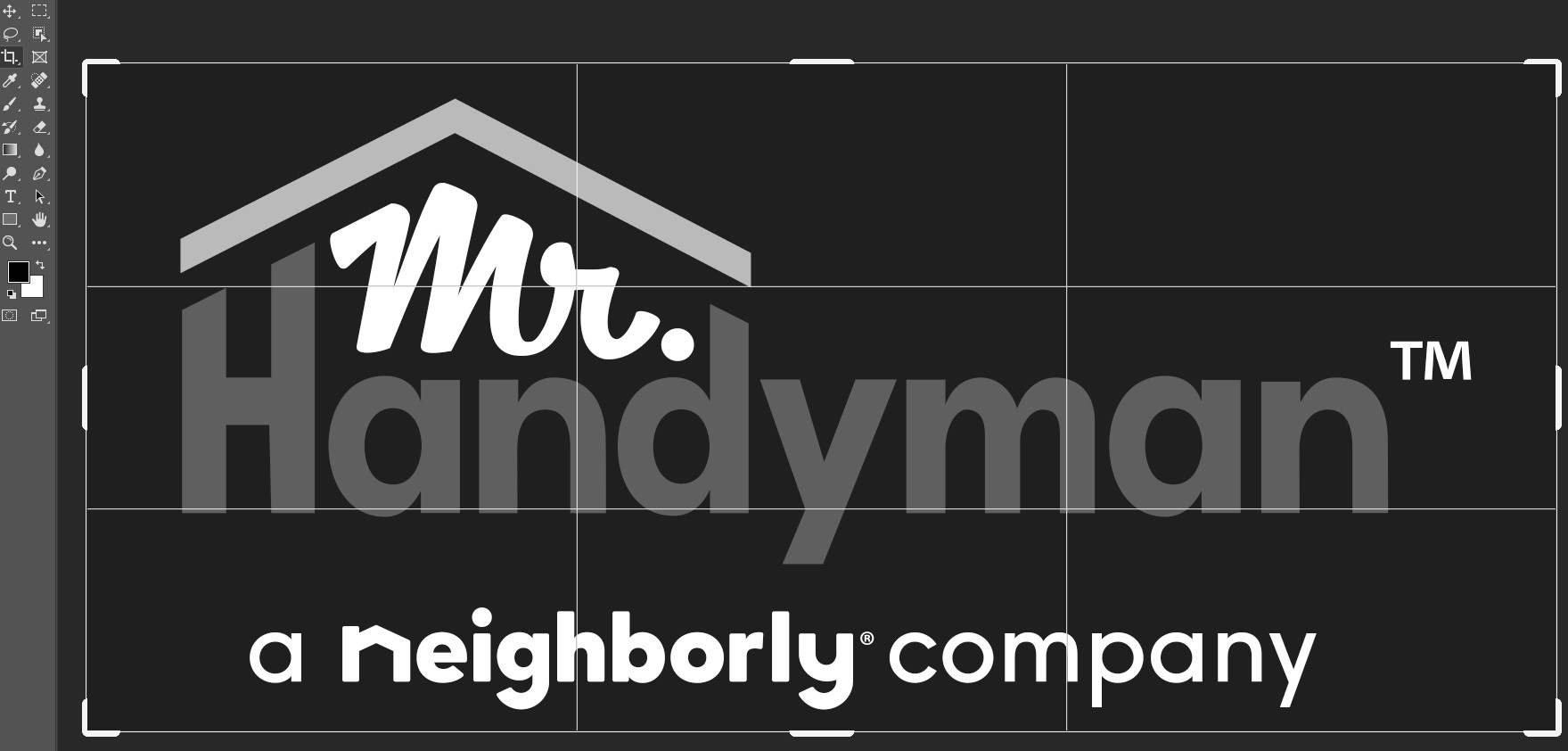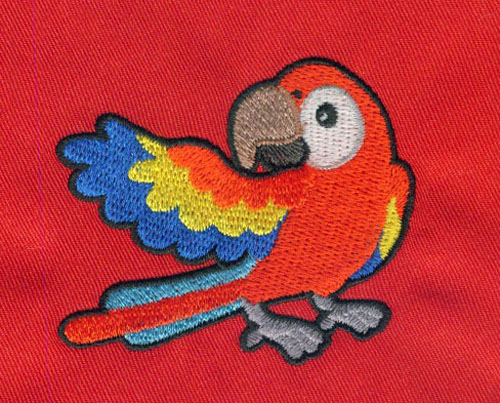Vector Art for Environmental Graphics: Impactful Designs for Spaces
In the realm of design and visual communication, the use of vector art has become increasingly prevalent, offering a versatile and impactful tool for creating stunning environmental graphics. From corporate offices to public spaces and retail environments, vector art plays a pivotal role in shaping the aesthetics and atmosphere of these spaces. In this blog, we'll explore the significance of vector art in environmental graphics and how it contributes to creating visually engaging and cohesive environments.
Understanding Environmental
Graphics
Environmental graphics encompass a broad spectrum of visual elements strategically placed within a space to communicate messages, enhance the brand experience, and create a distinct ambiance. These graphics can include signage, wayfinding elements, wall murals, window graphics, and other design elements that contribute to the overall visual identity of a space.
The Power of Vector Art in
Environmental Graphics
1. Scalability and Adaptability:
Vector art is created using mathematical equations rather than pixels, making it
infinitely scalable without losing quality. This scalability is especially
crucial in environmental graphics, where designs may need to span across
various surfaces and dimensions. Whether applied to a small sign or a large
wall mural, vector art ensures that the visual elements remain crisp and clear.
2. Consistency in Branding:
Maintaining a consistent brand identity is
essential for businesses and organizations. Vector art allows for the precise
replication of logos, icons, and other brand elements, ensuring that the visual
identity remains cohesive across different environmental graphics. This
consistency reinforces brand recognition and fosters a strong connection with
the audience.
3. Versatility in Design:
Vector art provides designers with the
flexibility to create intricate and detailed designs. From complex
illustrations to stylized typography, vector graphics allow for a wide range of
design possibilities. This versatility is particularly advantageous when
crafting unique and eye-catching environmental graphics that capture the
essence of a brand or space.
4. Vibrant and Crisp Colors:
Vector graphics retain their quality and vibrancy regardless of size or resolution.
This is especially beneficial when working with colorful designs for
environmental graphics. Whether it's a vivid wall mural or vibrant window
graphics, vector art ensures that the colors remain true to the designer's
intent.
5. Efficient Editing and Updating:
In dynamic environments, updates and changes are inevitable. Vector art makes the editing process efficient, allowing designers to make adjustments without compromising quality. This is particularly useful for businesses that may need to update information on signage or refresh the look of their space periodically.
Applications of Vector Art in
Environmental Graphics
1. Wayfinding Signs:
Navigating complex spaces, such as airports,
malls, or large corporate offices, is made more accessible with well-designed
wayfinding signs. Vector art ensures that the directional arrows, symbols, and
text on these signs are clear, legible, and consistent in design.
2. Branded Wall Murals:
Wall murals have become a popular choice for
adding personality to interior spaces. Vector art allows for the creation of
intricate and visually stunning branded murals that reflect the identity and
values of a business or organization.
3. Window Graphics:
Vector graphics are ideal for creating
impactful window graphics. From promoting products to conveying brand messages,
vector art ensures that the graphics on windows are visually striking and
maintain clarity when viewed from both inside and outside.
4. Trade Show Booths:
Businesses often use trade shows as platforms
to showcase their products and services. Vector art is instrumental in creating
visually appealing trade show booths, incorporating branded visuals that
attract attention and leave a lasting impression on visitors.
5. Office Interior Design:
The interior design of office spaces significantly influences the working environment. Vector art can be applied to various elements, including wall decals, framed artwork, and inspirational quotes, contributing to a visually stimulating and motivating workspace.
Choosing Vector Art for
Environmental Graphics
When incorporating vector art into
environmental graphics, it's essential to consider the quality and precision of
the designs. Here are key considerations when selecting or creating vector art
for this purpose:
1. Resolution and Detail:
Ensure that the vector art chosen or created
has a high resolution and retains intricate details. This is particularly
crucial for large-scale applications where the graphics may be viewed up close.
2. Color Consistency:
Maintain consistency in color across all
vector graphics used in environmental design. Consistent color palettes
contribute to a unified and harmonious visual experience.
3. Brand Guidelines:
Adhere to brand guidelines when using vector
art in environmental graphics. This ensures that the designs align with the
brand's visual identity and messaging.
4. Adaptability:
Choose vector art that can be easily adapted
to different applications. Whether it's a small sign or a massive wall mural,
the adaptability of vector graphics ensures a seamless integration into diverse
environments.
5. Professional Design Services:
For businesses seeking unique and impactful environmental graphics, considering professional design services is advisable. Experienced designers can create custom vector art tailored to specific brand requirements and the nuances of the intended space.
Conclusion
In the realm of
environmental graphics, vector art emerges as a
powerful tool, offering unparalleled scalability, consistency, and versatility.
The impact of well-designed vector graphics extends beyond aesthetics, influencing
the overall ambiance and user experience within a space. Whether used for
wayfinding signs, branded murals, or office interior design, vector art plays a
pivotal role in creating visually engaging and cohesive environments that leave
a lasting impression on visitors and occupants alike. As businesses and
organizations continue to prioritize the visual representation of their brand,
vector art remains a cornerstone in shaping the narrative of spaces through
impactful and meaningful design.



